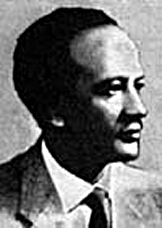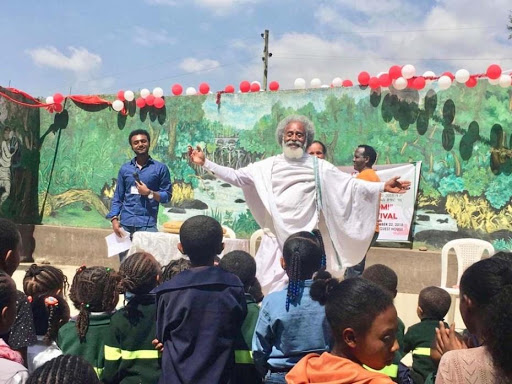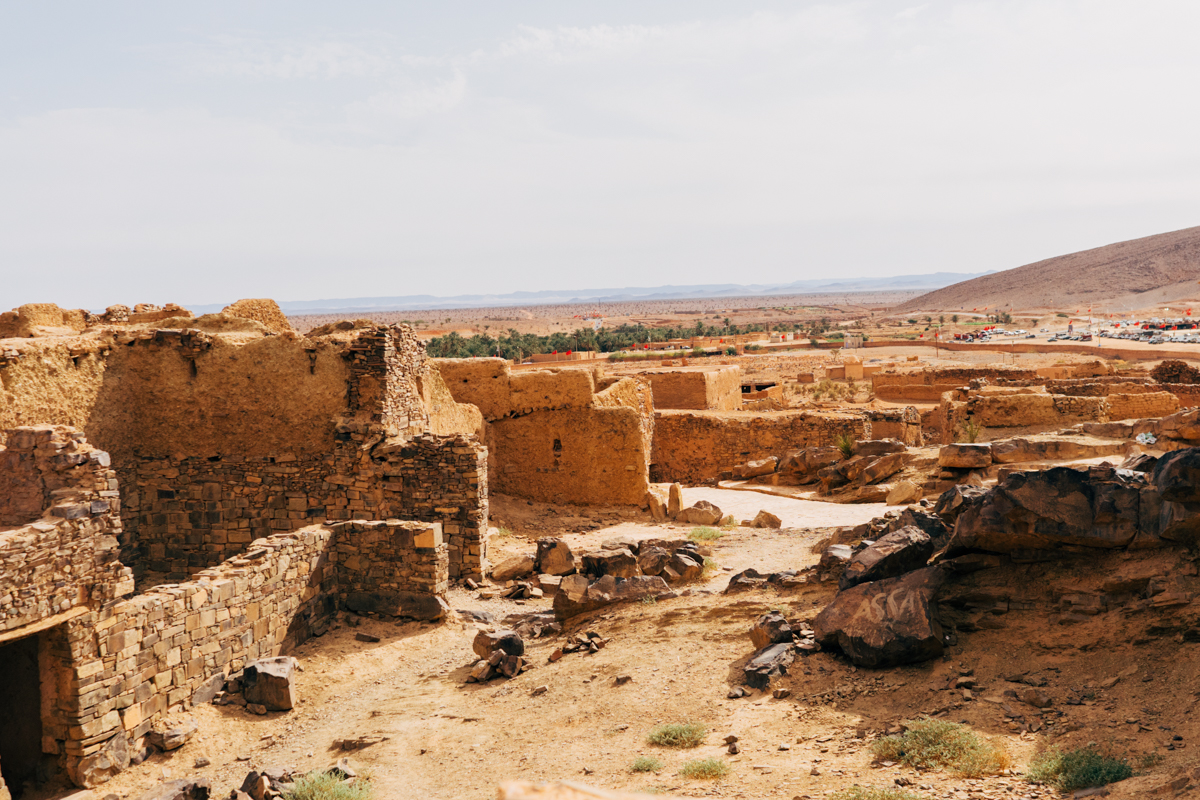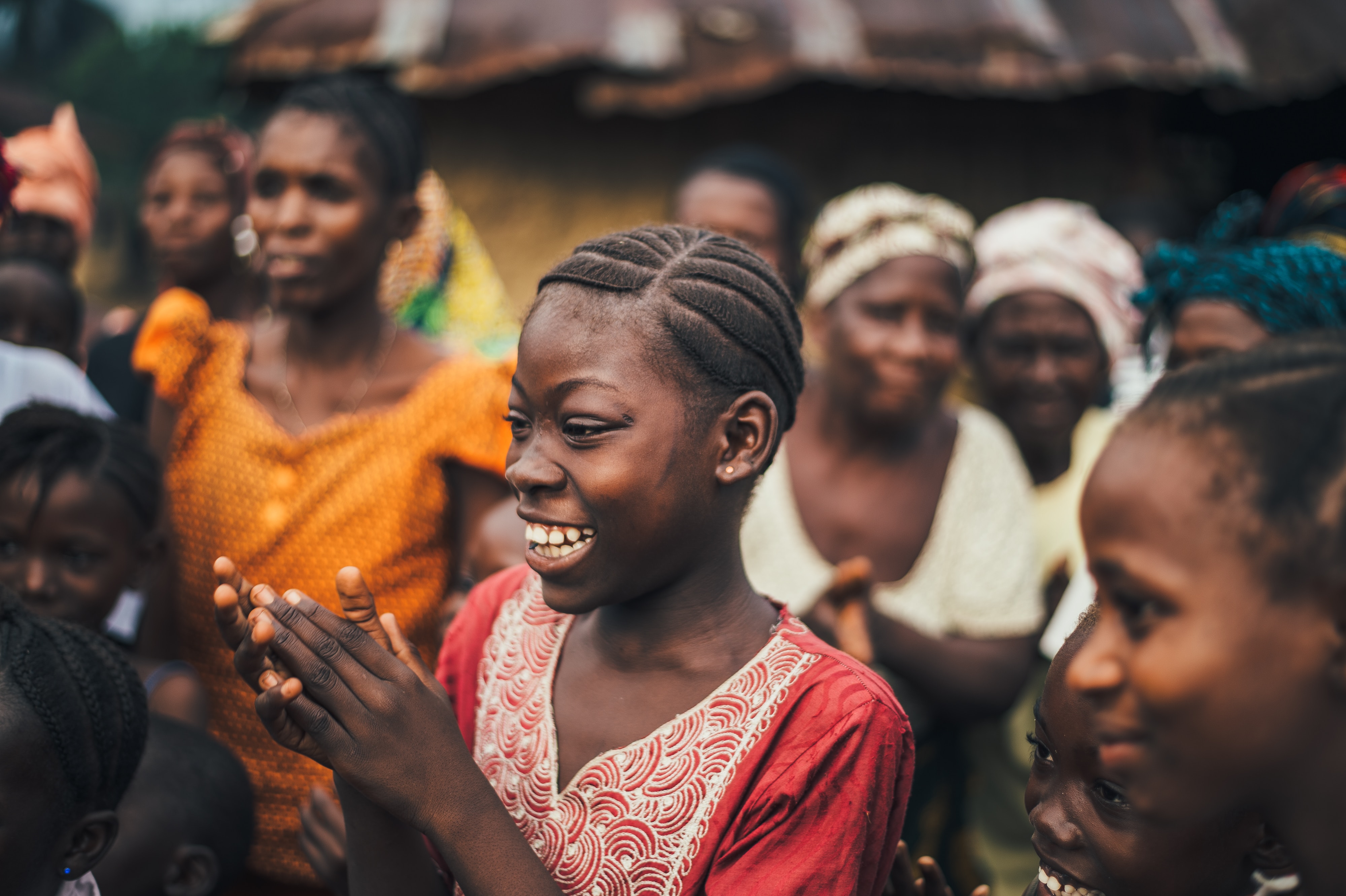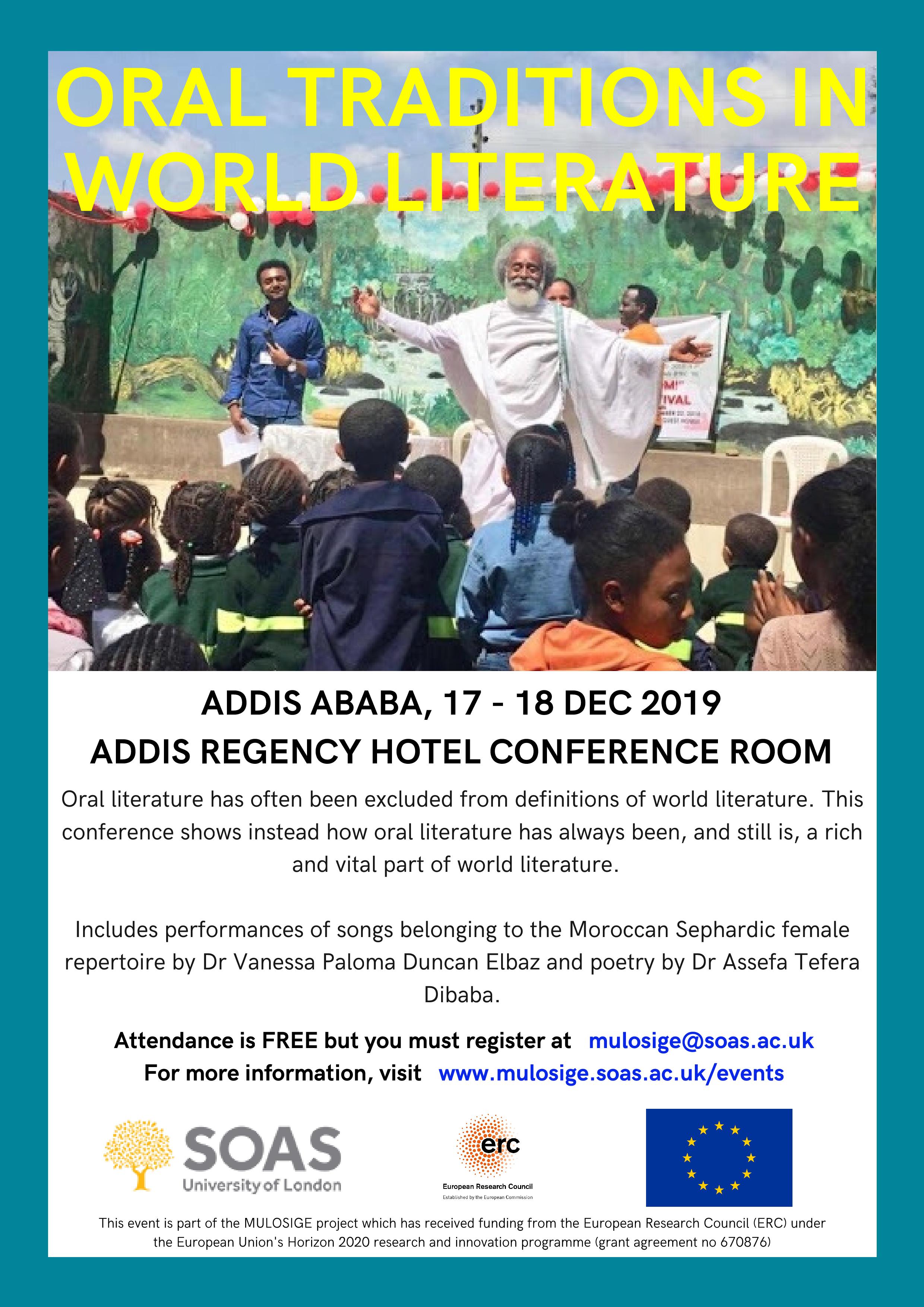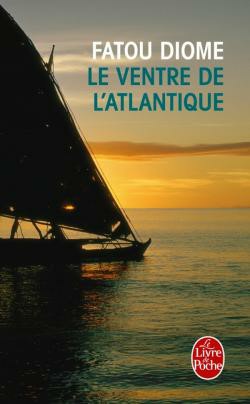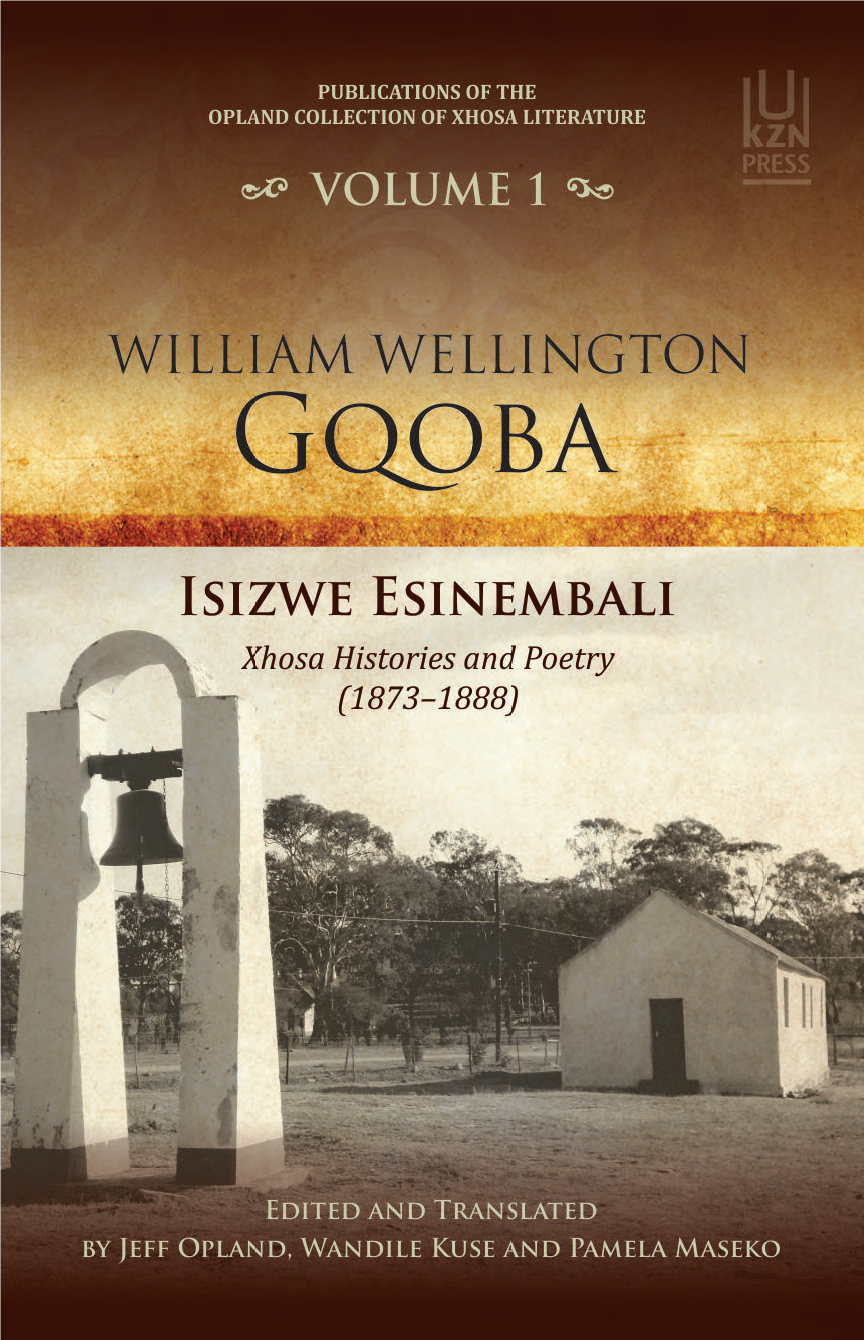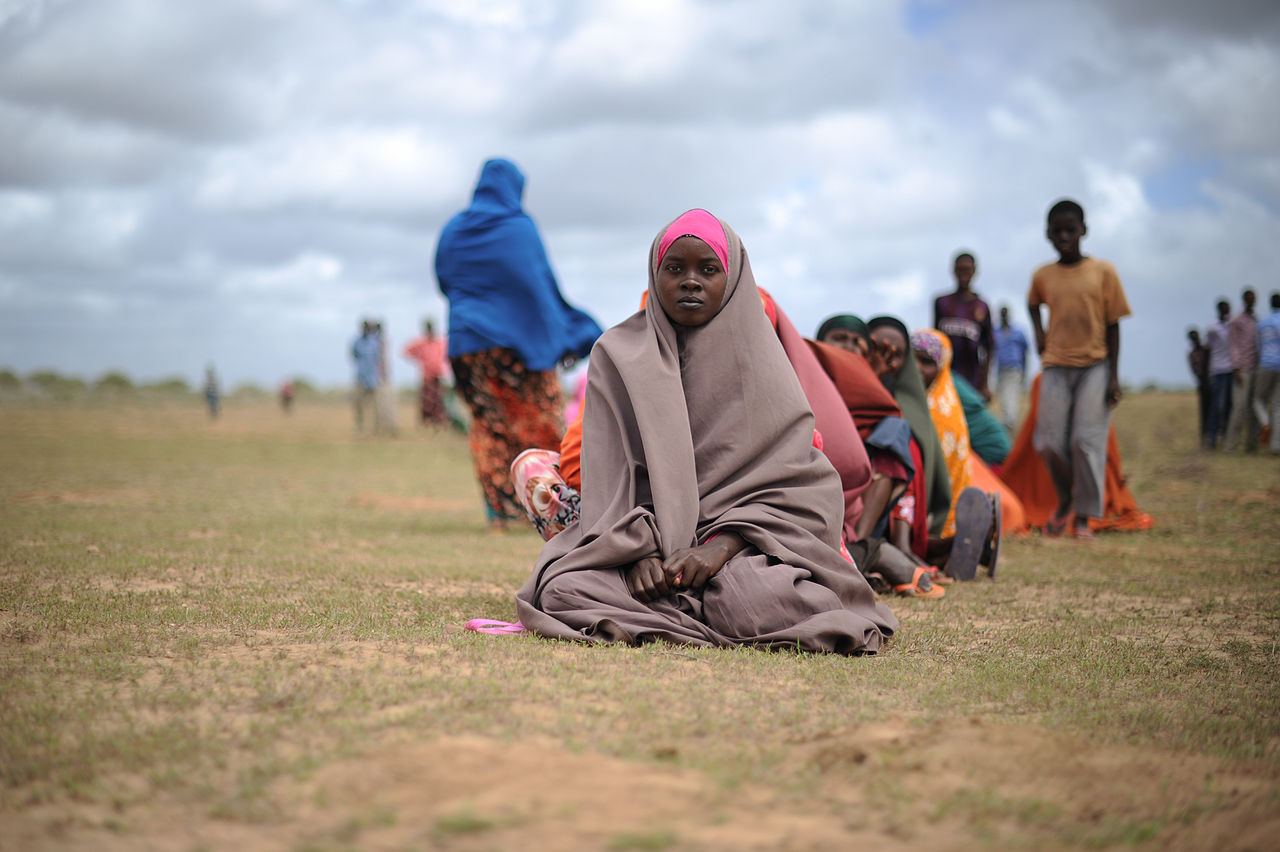.
In the medieval period, the Christian and Muslim parts of the Horn of Africa were well connected with centres of religious learning in the Eastern Mediterranean and Middle East, with a vast network of exchanges and translations between Geez, Arabic, Greek, Coptic, and Syriac. Mission stations set up by various European denominations in the 19th century coincided with a rapid increase in the volume of Tigrinya- and Oromo-language production, while in the imperial court Amharic gradually replaced Geez as the official language of the state.
From the beginning of the twentieth century Amharic saw a boom in fictional and non-fictional production, mostly linked to new state schools, newspapers, and publishing houses. The short-lived Italian colonial presence (1936-1941) did not significantly impact Amharic literary forms, styles and aesthetic values. Starting from the 1941 liberation, policies of cultural assimilationism reinforced the marginalisation of Ethiopian languages other than Amharic, such as Tigrinya and Oromo. International scholars have tended to reinforce the power relation between Amharic as the cultural centre of the region and “peripheral” literatures—thus allying themselves with the dominant language.
Although the issue of orality is perceived to be central to the literary and cultural heritage of the Horn of Africa, there is a general lack of comparative studies between the oral and the written and their interactions. MULOSIGE’s comparative focus on orature and written genres will show how the “local” in the Horn of Africa is layered and structured along networks of linguistic, cultural and political power relations.
Somali
Aisha Afrah is a broadcast journalist at BBC World
Football and Migrant crises: Fatou Diome’s Le Ventre de l’Atlantique
Published in 2003, Fatou Diome’s début novel Le Ventre de l’Atlantique (The Belly of the Atlantic) followed a defining moment in modern Franco-Senegalese history: the 2002 Fifa World Cup.
Beyond conflicts, crises and catastrophes: Afro-Pessimism in Western Media
Rachel Tabea Bossmeyer criticizes the afro-pessimism of mainstream Western Media and its ties to colonial literary productions.
Multilingual Counterpoint in Nuruddin Farah’s Sardines
Tayseer Abu Odeh discusses how Somali writer Nuruddin Farah explores how to challenge narratives of history and power in his novel Sardines.
William Wellington Gqoba’s Isizwe Esinembali Xhosa Histories And Poetry (1873 – 1888)
Sanele Ntshingana recently received an honours degree in African
Sowing the seeds of subalternity in Somali Literature
Photograph of Afgoye, Somalia from 2013 (source: Wiki




